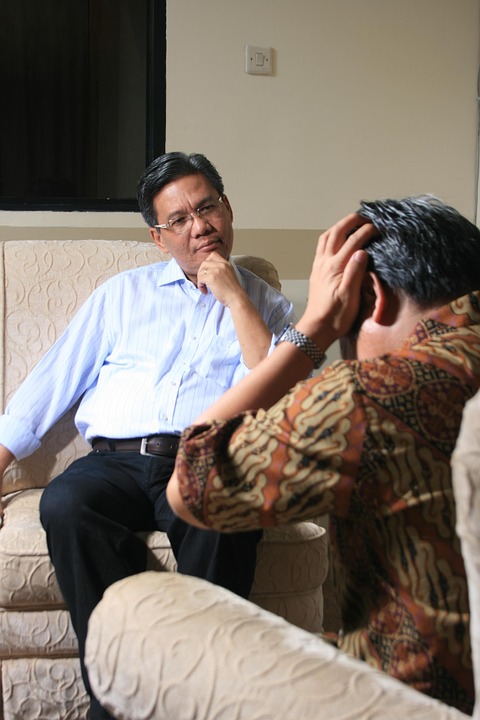If you’re currently suffering or in recovery from an addiction to drugs or alcohol, you may be looking for different types of professionals who can help support you through your journey to sobriety.
You may have come across licensed therapists or treatment centers that can help you overcome your addiction. If you prefer a less clinical source of support, you may have looked into 12-step programs or recovery coaches.
You might have heard of recovery coaches but may not be certain what exactly it is that they do. Recovery coaches help individuals to make decisions about what comes next in their life and how recovery fits into it.
What Recovery Coaches Do
Recovery coaching is a future-focused form of support through addiction recovery. They do receive training to become certified professionals, so recovery coaching isn’t typically a “free” option like an AA sponsor is, however recovery coaches aren’t therapists.
During a session with a recovery coach (which can be done in person, online, or over the phone), the conversation focuses on what’s next for the addicted individual, and the coach helps to break down any barriers to recovery. The coach creates a plan for the addict to reach his or her recovery goals and help increase motivation to get there.
What Recovery Coaches Do Not Do
Recovery coaches are not necessarily medical professionals. They cannot diagnose an individual or offer primary care. Instead, recovery coaches are solely meant to support an addict emotionally through their recovery and help facilitate positive changes.
A recovery coach is also not the same thing as an AA sponsor. Sponsors do not receive any formal training or recovery education. Some of the functions of a sponsor and a recovery coach may overlap, but a sponsor volunteers his or her time and is only able to provide help in one modality of recovery: the 12 steps.
Unlike a therapist, recovery coaches don’t focus on the past or even the present. During a session with a recovery coach, there is little talk about feelings or working on healing trauma. A recovery coach will instead place emphasis solely on the future.
How to Find a Recovery Coach
It’s easy enough to find a recovery coach through a quick Internet search. Before you seek out a coach, though, give some thought to how you want your relationship with him or her to look. Do you want someone you can meet with in person or would you prefer someone you can video chat with? Would you like someone who incorporates the 12 steps into your treatments?
As soon as you know what you want in a recovery coach, it becomes easier to find the right person for the job.

